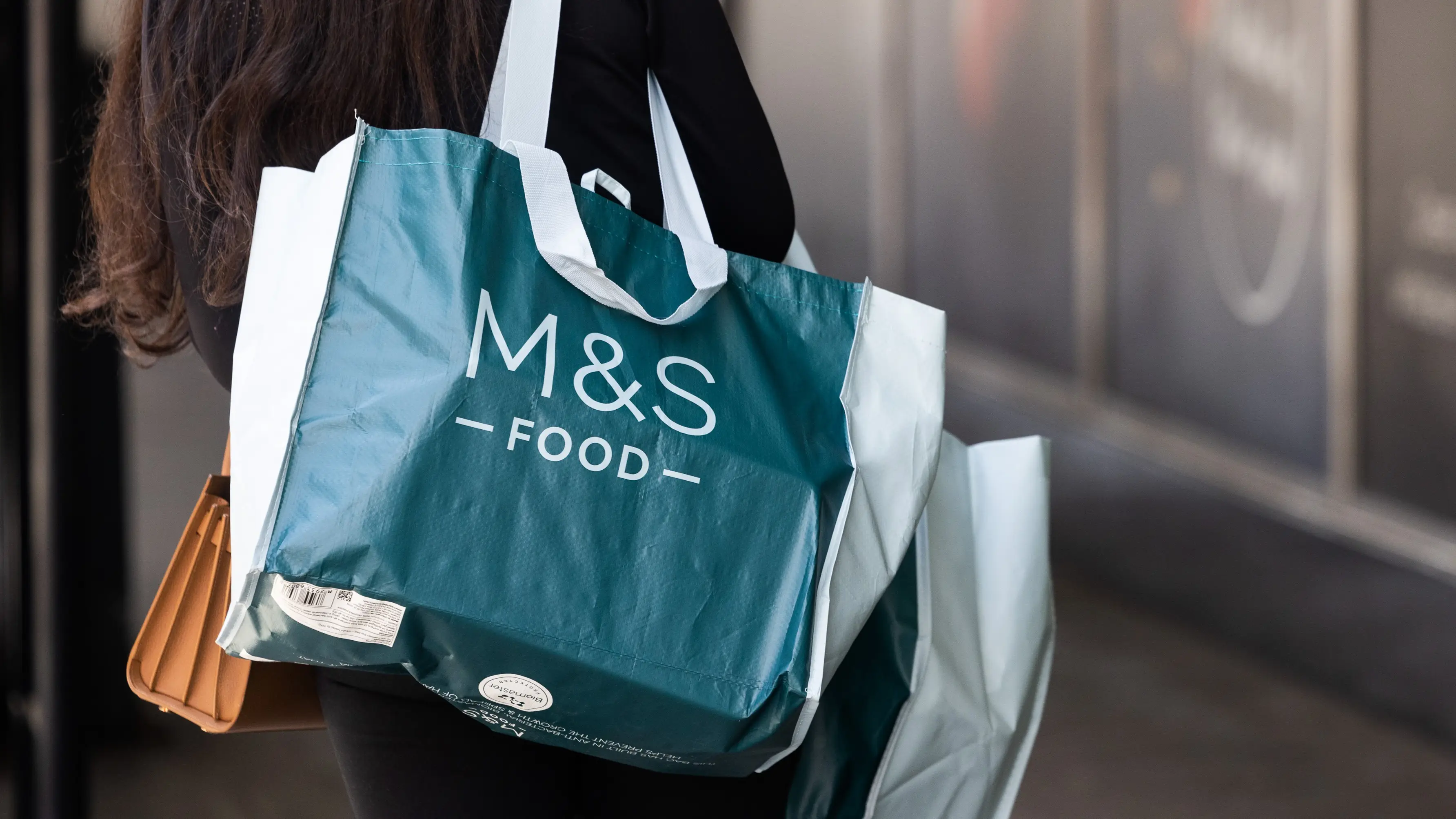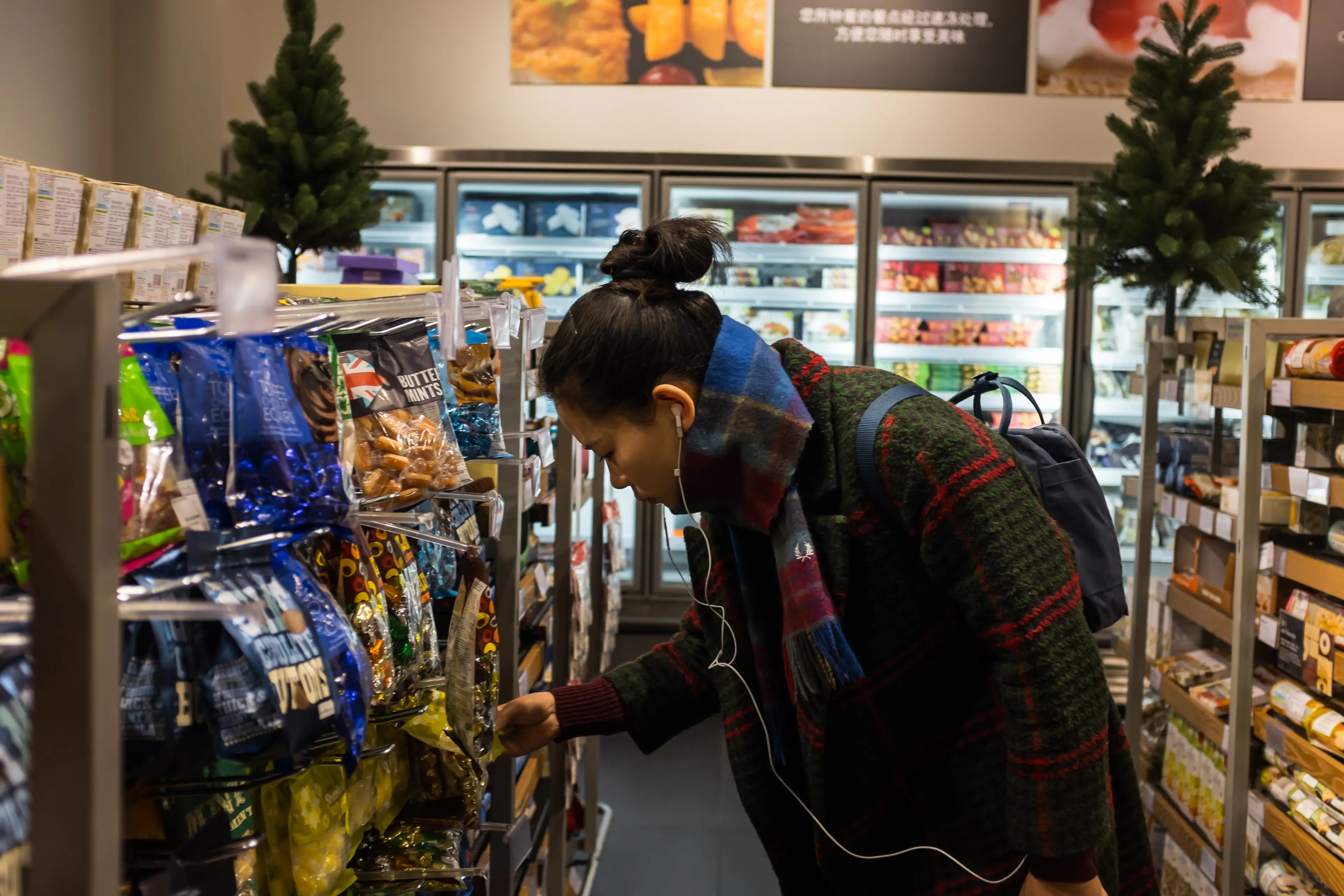
M&S has issued an urgent recall of its Milk Chocolate Honeycomb over fears the product may have become contaminated with undeclared allergens.
The retailer has warned the sweet treat may actually contain nuts, despite the common allergen not being listed on the packaging.
In response, the Food Standards Agency have issued a 'do not eat' warning to anyone who has a nut allergy, over fears the contamination could lead to serious allergic reactions.
As well as recalling the products, M&S has contacted all the relevant allergy support agencies, which will report the recall back to its members.
Advert
“If you have bought the above product and have an allergy to peanuts, do not eat it,” the Food Standards Agency said in a statement.
“Instead return it to your nearest store for a full refund. For more information, please contact Marks & Spencer on 03330 148555.”

The affected products were 120g bags with a best before date of 12 May 2026, lot number 5242 and barcode number 0917568/29143603.
M&S has apologised to customers for the mistake, insisting the retailer is taking the situation 'extremely seriously,'
“Customer safety is of paramount importance to Marks & Spencer and we take all issues regarding the production of our foods extremely seriously," they said in a statement.
“In the abundance of caution, M&S is recalling milk chocolate honeycomb due to the possible presence of undeclared peanuts in a small number of packs.”
The popular product is described as a 'velvety milk chocolate coating,' with a 'light and airy honeycomb centre that dissolves on the tongue.'

The Food Information Regulations require food labels to contain certain information, including allergens, clearly, accurately and prominently. However, if a business discovers that a product was already placed on the market with a possible undisclosed allergen or someone has a reaction, they must take several steps to rectify the situation.
After assessing the risk, the retailer must notify the relevant authorities, in this case the Food Standards Agency, and if the risk is deemed serious, the product must be recalled and withdrawn from sales.
The business will then be required to put out a public alert, and corrective action must be taken to fix the packaging and ensure traceability.
The subject of allergens on food labels came to public attention after Natasha's Law was introduced in 2021, following the tragic death of Natasha Ednan-Laperouse, who passed away aged 15 after eating a baguette containing hidden sesame seeds.
Topics: Marks and Spencer, Food And Drink, Health, UK News
